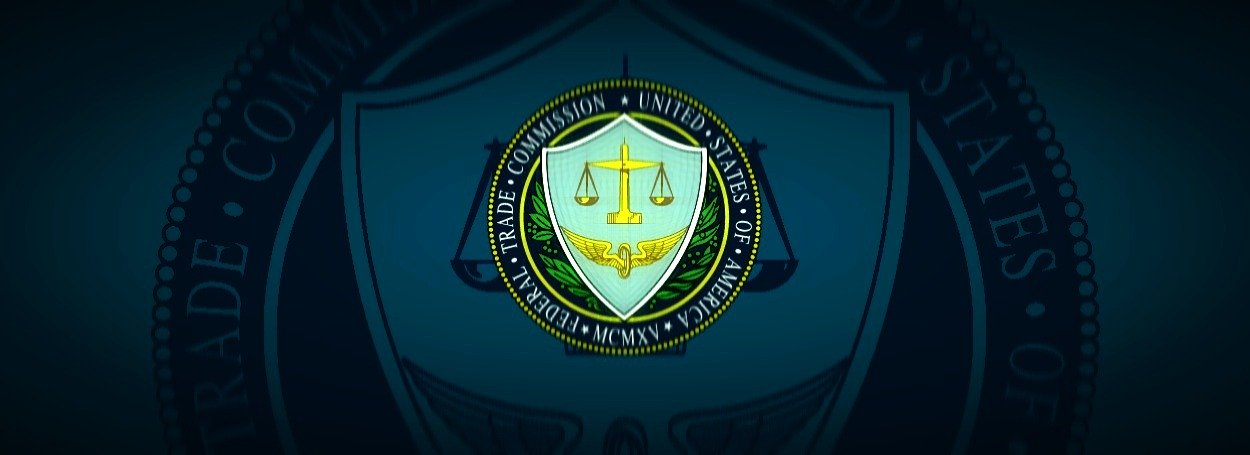FTC Warns VoIP Providers to Stop Facilitating Coronavirus Scams
The US Federal Trade Commission (FTC) warned nine VoIP service providers against assisting and facilitating illegal robocalls designed to capitalize on public anxiety surrounding the Coronavirus pandemic.
"Many of these robocalls prey upon consumer fear of the pandemic to perpetrate scams or disseminate disinformation," the letters say. "FTC staff have reason to believe that one or more of your customers may be involved in such illegal telemarketing campaigns."
Until March 30, the nine companies are required to email the FTC the specific actions taken to ensure that their services are not used in Coronavirus-related telemarketing schemes breaking the Telemarketing Sales Rule (TSR).
VoIP providers under scrutiny
FTC's legal staff sent letters to the following companies: Bluetone Communications LLC, Comet Media Inc, iFly Communications, J2 Web Services Inc, SipJoin Holding Corp, Third Rock Telecom, VoIPMax, VoIPTerminator Inc, and Voxbone US LLC.
The nine companies were also reminded of civil enforcement actions taken by the Department of Justice against VoIP providers and owners for "committing and conspiring to commit wire fraud by knowingly transmitting robocalls that impersonated federal government agencies."
The FTC also sued the Globex Telecom VoIP service providers and James B. Christiano's robocaller software companies as part of an effort to combat illegal telemarketing.
FTC's warning letters highlight several types of behavior that may infringe the TSR, including:
- making a false or misleading statement to induce a consumer to buy something or contribute to a charity;
- misrepresenting a seller or telemarketer’s affiliation with any government agency;
- transmitting false or deceptive caller ID numbers;
- initiating pre-recorded telemarketing robocalls, unless the seller has express written permission to call; and
- initiating telemarketing calls to consumers whose phone numbers are on the National Do Not Call Registry, with certain exceptions.
"It’s never good business for VoIP providers and others to help telemarketers make illegal robocalls that scam people," FTC Bureau of Consumer Protection Director Andrew Smith said.
"But it’s especially bad when your company is helping telemarketers exploiting fears about the coronavirus to spread disinformation and perpetrate scams."
If you get COVID-19-related scam robocalls the FTC says that you should:
- Hang up. Don’t press any numbers. The recording might say that pressing a number will let you speak to a live operator or remove you from their call list, but it might lead to more robocalls, instead.
- Consider using a call blocking app or device. You also can ask your phone provider if it has call-blocking tools. To learn more, go to ftc.gov/calls.
- Report the call. Report robocalls at ftc.gov/complaint. The more we hear from you, the more we can help fight scams.
Warnings sent for selling fake Coronavirus cures
The FTC and U.S. Food and Drug Administration (FDA) also sent warning letters to companies that were offering various products for sale — such as teas, essential oils, and colloidal silver — in the United States, products that were promoted as capable of mitigating, preventing, treating, curing, or diagnosing the COVID-19 disease in people.
The two government agencies sent the letters to the following companies: Vital Silver, Quinessence Aromatherapy Ltd, N-ergetics, GuruNanda LLC, Vivify Holistic Clinic, Herbal Amy LLC, and The Jim Bakker Show.
"Within 48 hours, please send an email to COVID-19-Task-Force-CFSAN@fda.hhs.gov describing the specific steps you have taken to correct these violations," the letters say. "Failure to immediately correct the violations cited in this letter may result in legal action, including, without limitation, seizure and injunction."
"These warning letters are just the first step," FTC Chairman Joe Simons said. "We’re prepared to take enforcement actions against companies that continue to market this type of scam."
"The FDA considers the sale and promotion of fraudulent COVID-19 products to be a threat to the public health," FDA Commissioner Stephen M. Hahn added. "We have an aggressive surveillance program that routinely monitors online sources for health fraud products, especially during a significant public health issue such as this one."
Both the FTC and the FDA are continuing to monitor online marketplaces, social media, and consumer complaints to make ensure that other companies do not market fraudulent products under other names or via other websites.
Europol also announced last week that a huge amount of counterfeit medicine and COVID-19 outbreak-related protective gear was seized in a global operation dubbed Operation Pangea coordinated by INTERPOL and targeting trafficking.
"Authorities around the world seized nearly 34 000 counterfeit surgical masks, making them the most commonly sold medical product online," according to the Europol. "Law enforcement officers identified more than 2 000 links to products related to COVID-19."








Gloss